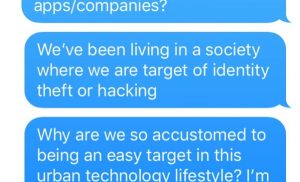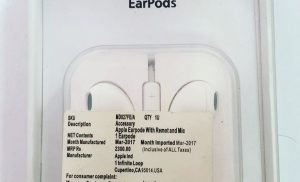UMA and Femtocell = VHS and Betamax?
September 23, 2016
A new, big time player is competing for the “traditional” Wi-Fi market fixed-mobile convergence (FMC).
According to highly respected industry analysts, ABI Research, the new “Wi-Fi” is very well positioned to challenge the Wi-Fi model.
Over in the US, T-Mobile has been behind a strong push for UMA-based Wi-Fi dual-mode solutions with its T-Mobile@Home product.
In Europe there is a similar story with Orange, who have successfully spread the “unik” word across France, Spain, and the United Kingdom, further strengthening UMA.
ABI say that this is the first time there has been a successful assault on the traditional Wi-Fi market and it has only just begun.
Again in the US, Sprint, the Telecom giant, has been rolling out its femtocell-based AIRAVE solution.
What many punters out there in wireless-land want to know is can both systems live side by side, or will this turn into a betamax-vhs, or BluRay and that already forgotten other player, war.
ABI believe that there will be just over 100 million access points split between the two services by 2013.
The way ABI see it, femtocells will be in the lead by then, as they will have gone from zero to 62% of the market in just seven years.
ABI see the problem for UMA being that despite early rapid gains there has been a failure to spread very much outside their current carrier footprints.
They put this down to “lingering concerns regarding the concept of Wi-Fi based fixed-mobile convergence”.
ABI Research’s recent study, “Fixed-Mobile Convergence”, considers the opportunities for UMA and SIP in converged network services, dual-use handsets, Wi-Fi access points, picocells and femtocells.
It includes a review of the current standards position and activities of the major vendors.
The question is are femtocells the VHS or are they just a late arriving Betamax?
Will there be a war of formats, or will they live side by side, or actually eventually get technologically married, or will one system destroy the other, and what could be the cost in terms of consumer confidence?
Just like BluRay failed to take off because people were unsure if they would be the winner, both of the systems could suffer because the public and companies are afraid of backing the wrong wireless horse.











